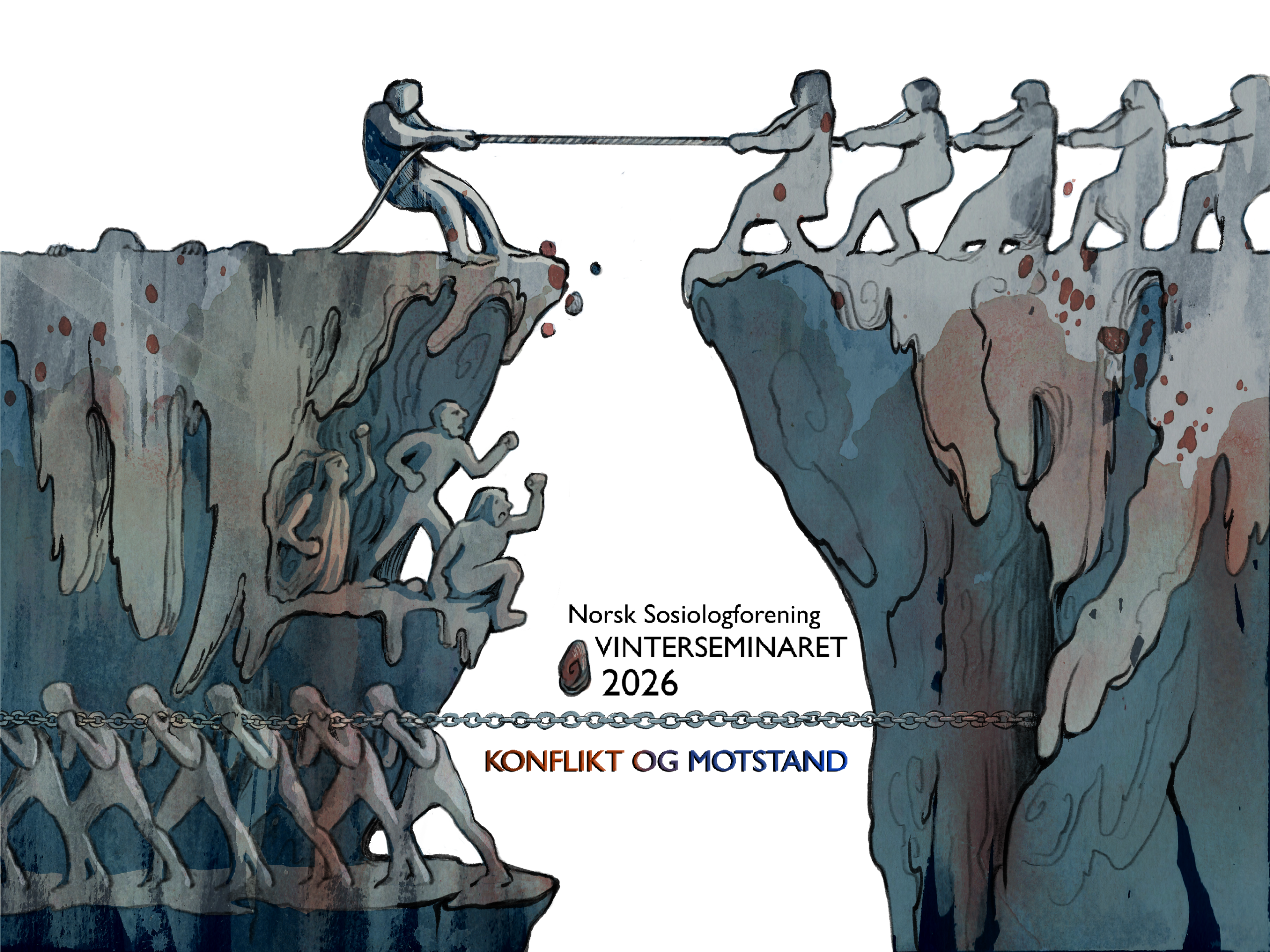A common refrain in everyday life is that we do not have ‘enough’ time and daily life is accelerating. The resulting ‘time squeeze’ has become a contemporary malady for which a range of prescriptions have been spawned that promise to help alleviate its effects. Examples include: online time management tools; labour saving technologies, Sat Navs that allow you to find a ‘quicker’ route, and instant messaging; and, services that deliver groceries to your front door and assist with the selection of gifts for loved ones. Such prescriptions can be described as the search for convenience and, as my examples show, this search has increasingly come to be associated with sociodigital practices.
The examples above each refer to processes of consumption. Markets seek to provide solutions to the everyday problems that consumers encounter. Those solutions take the form of goods and services that save time, whether through providing guidance on how to better manage one’s everyday practices, reduce the minutes required to perform a practice, offer greater flexibility in the order (sequence) in which practices are performed, or enable practices to be performed synchronously (multi-tasking). As pointed out by Schor (1992), all of this makes consumption the solution – and consumption requires resources (time and money), which means we ‘work more to consume more’. There are two issues with this diagnosis. First, at least in European societies, we do not work more, although we certainly consume more, and time spent working varies hugely across social groups who all report feeling pressed for time. Second, and more importantly, time (or temporality) is reduced to a ‘zero-sum’ game in which practices compete for finite amounts of time measured in minutes and hours. There are other ways to conceptualise temporality.

Time or temporality does not exist outside of the organisation and performance of practices. Starting from this perspective, empirical studies repeatedly demonstrate that feelings of time pressure are a consequence of the difficulties of coordinating practices (in time and space) in social conditions of both greater varieties of practices (or choices in consumption) and increased flexibility. Coordinating practices (with other people and other practices) to a satisfactory standard is at the core of senses of feeling time pressured. This draws attention to sociotemporal rhythms – ranging from those observed across shared practices (e.g. mealtimes, rush hours, peak energy demand) through to those that can be observed in households (often described as routines). It is wrong to say that shared sociotemporal rhythms have declined – they haven’t, but the relationship between shared rhythms (societal zeitgebers) and those of practitioners (individuals) have become more challenging to coordinate. Consumption is at the core of this condition – as goods and services both create and offer solutions to the challenges of coordination.
This also has implications for another form of temporality that Sociology has a checkered track record of engaging with: futures. Claims about futures have a performative effect on the present; and claims about time, such as the search for convenience, matter both for the present and for possible futures. We can see temporalities in contemporary claims about digital devices, data and services: SMART promises automation and flexibility, AI promises accelerated knowledge, high performance networks offer faster everything. But the sociological questions that need to be asked is what forms of temporality underpin these claims, and what temporalities should sociologists consider when seeking to understand (sociodigital) practices and the forms of consumption they might entail. As argued elsewhere, to address such questions demands renewed conceptual and empirical attention to sociotemporal rhythms (Southerton, 2020) and sociodigital futures (Halford and Southerton, 2023 & 2024).
Referanser:
Halford, S. & Southerton, D. (2024), ‘Sociodigital Futures? An agenda for sociological research and practice,’ Sociologicia Italiana, AIS Journal of Sociology, 26: 93-110.
Halford, S. & Southerton, D. (2023), ‘What Future for the Sociology of Futures? Visions, Concepts and Methods’, Sociology, 57(2), 263-278.
Southerton, D. (2020) ‘Time, Consumption and the Coordination of Everyday Life’, Palgrave.



